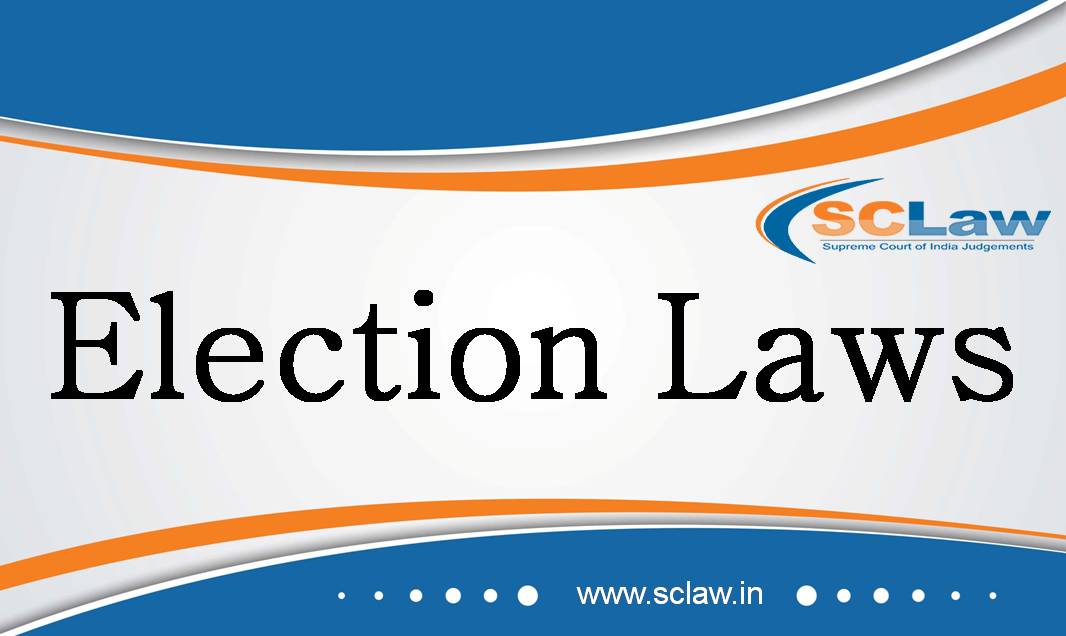Penal Code, 1860 (IPC) – Sections 409 and 120B – Quashing of criminal proceedings – DBS Bank not responsible for any criminal acts committed by former employees of Lakshmi Vilas Bank before the merger – Criminal proceedings quashed.
SUPREME COURT OF INDIA DIVISION BENCH RELIGARE FINVEST LIMITED — Appellant Vs. STATE OF NCT OF DELHI AND ANOTHER — Respondent ( Before : S. Ravindra Bhat and Aravind Kumar,…









